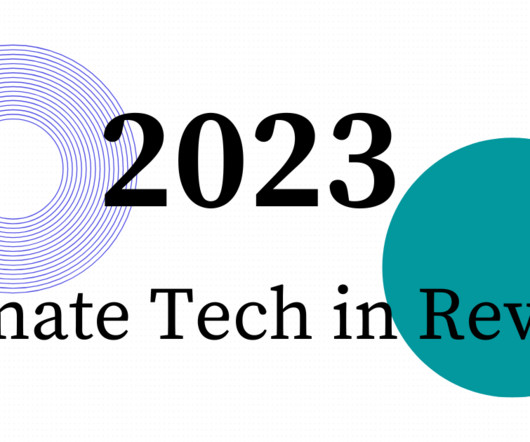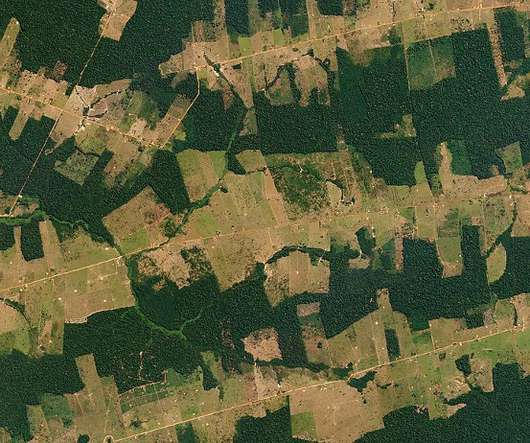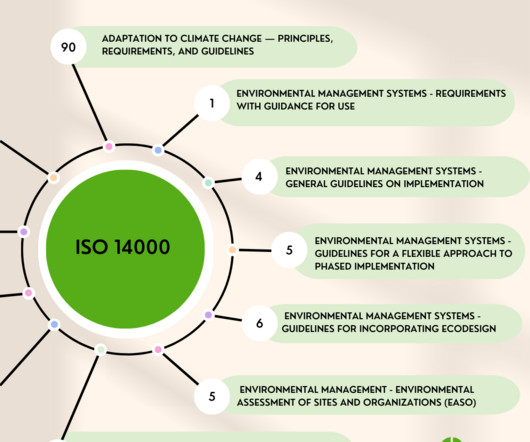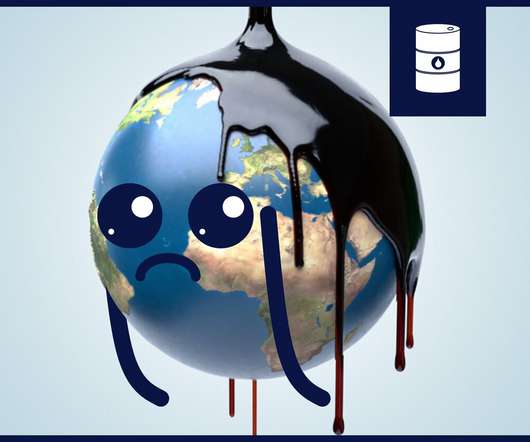? 2023’s Most Headliney-Headlines #178
Climate Tech VC
DECEMBER 18, 2023
Since the IRA passed, 265 clean energy and manufacturing projects worth $100B+ have been announced. 🔋 Renewables + storage turned out to be price competitive against fossil fuels after Lazard’s Levelized Cost of Electricity analysis included intermittency costs for the first time. Disaster seemed to be everywhere.















Let's personalize your content